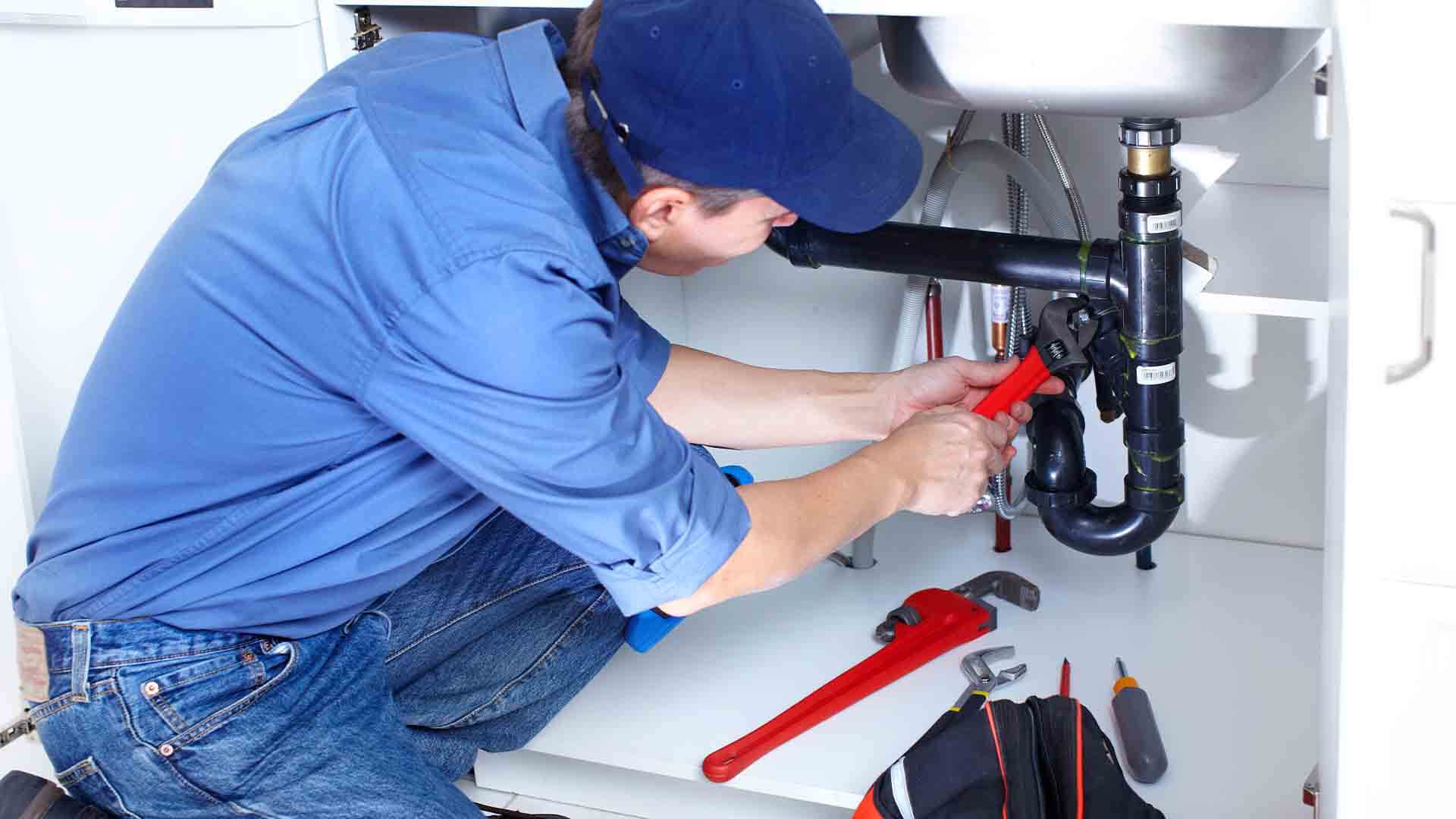As a custom homeowner, it is important to save water to not only cut costs but also to protect the Earth’s environment. For this reason some house chores must be altered in order to save water. Some suggestions for ways to save water include cutting down household water usage and updating plumbing fixtures with more energy-friendly appliances .Firstly, there are numerous ways for household members to cut down on water usage. For example, wasting water is one of the biggest issues that the average person faces. Also, people should not use the bathroom as a place to relax since soaking in tubs for hours wastes water. Lastly, updating plumbing with newer, energy efficient material is another way to save water in the household. Homes often contain older showers and faucets which waste water. An easy way to update plumbing is to replace these older fixtures with newer, water-saving models. Overall, water conservation is essential for saving both money and the environment. Since water is often wasted this could become an expensive problem for homeowners. However, there are some clear options for households to consider that can assist in creating a more eco-friendly environment.
For example, turn off the faucet while you brush your teeth, run your dishwasher or washing machine only when they are full, and buy WaterSense appliances, shower heads and toilets to reduce domestic water usage.
Leaks
While most leaks might appear innocuous, like a drip from your faucet, they can result in some of the most costly and persistent damage to your property and your water bill. Repairing leaks, especially indoor leaks in locations such as hose bibs, toilets, faucets (including underneath sinks) and service lines, could save the average homeowner hundreds and even thousands of gallons each month.
You might be able to change your usage habits to cut down on water usage in your dwelling, but you might also want to have a plumber come out and look at your current plumbing, and examine options for installing new, more energy-efficient appliances, such as low-flow shower heads, faucets and toilets that will reduce your water consumption without sacrificing performance.
To verify a leak, shut off all your water fixtures and supply valves, then read your water meter before and after two hours of no water use. If the reading is different, you have a leak somewhere in your system. A plumber will locate the source of the leak and repair it.
Irrigation Systems
Irrigation systems play an important role in homes. They are used for planting plants, lawns and gardens. Of course these systems uses hundreds of gallons of water everyday, as long as they are not maintained properly. One of the biggest problems with irrigation systems are the leaks. These systems become a damn to wasted water, which increases the utility bill. You never know if water is flowing from your tap to outdoor plants. Therefore it’s important to call a plumber to inspect the system regularly and fix all leaks.
A third common culprit is inefficient water-using appliances and fixtures, such as dishwashers, washing machines and toilets. If your appliances are old, then upgrading them to energy-efficient models will save both water and money. Reducing water flow from faucets and showers is another great way to save. This can be easily achieved by adding aerators.
But in a natural landscape, only 10 per cent of rainfall is lost as runoff, 50 per cent is absorbed, and the rest evaporates, leaving water in reservoirs and aquifers to be abstracted when required for irrigation. Conserving water reduces the amount of contaminants run off from urban areas, helping to improve water quality in lakes, streams and oceans.
Appliances
Today, many appliances in a home plumbing system are used to transfer water for different functions, ranging from toilets to hoses. When any of these are used inappropriately, valuable water goes down the drain, increasing the water bill, putting stress on household fixtures, and even causing water damage. Quickly repairing leaks can save water, lower the bill, and prevent expensive water damage.
Another way to reduce your water consumption is by installing water-saving appliances. For instance, current faucets, shower heads and toilet hardware are usually less water consuming without having any negative effects on their performance. Furthermore, both dishes and cloth washers can save significant amounts of water if we apply the principle of filling them completely.
By implementing the above-mentioned tips, you can lower its footprint, and maintain a steady supply of clean, fresh water for your home for all your daily needs, ensuring a sustainable lifestyle for you and your family. This will also save you money on utilities, relieve stress on water resources at local and global levels, and foster a healthier environment.
Rainwater Harvesting
Rainwater harvesting thereby allows the household to “tap” what is essentially a natural water source. It also relieves pressure off municipal water resources and helps to conserve groundwater supplies. Furthermore it supports sustainable water management and a self-sufficient lifestyle.
A rainwater harvesting system collects rainwater from gutters and pipes to either a tank (called a cistern) or a reservoir. Collected rainwater is then used for drinking, bathing and showering, and general household purposes. It’s a good alternative for people who have large, irrigated outdoor areas and who want to save on their water bill.
Often these water conservation practices are combined with grey water recycling — the wastewater from kitchen and bathroom sinks, showers and baths that is channelled to toilets and other plumbing fixtures rather than shipment down the line to rivers or sewers. As it contains far fewer ailment-causing bacteria than toilet water, it is more easily treatable for reuse.

